
Lesbian health crisis
Former Australian Medical Association head Professor Kerryn Phelps says Australia’s health system is failing to address the health needs of same-sex attracted women.
Phelps’ comments follow the release of alarming new figures showing lesbian and bisexual women have far worse health outcomes than their heterosexual counterparts.
“If these were the sorts of figures we saw in the general population, double the smoking rates for example, they’d be going, ‘Hang on a second, let’s throw some real funding and resources at this’,” Phelps told the Star Observer.
“I don’t think it’s because there’s any discrimination, I think it’s an invisibility thing. There’s been a lack of awareness that this population has special health needs and I think now we know it.”
Results from the 2010 Sydney Women and Sexual Health (SWASH) study were released last week at a Mardi Gras forum, Women Say Something, attended by federal Health Minister Tanya Plibersek.
The survey of almost 1000 women showed 64 percent had accessed psychological services in their lifetime, while 42 percent had been given a mental health diagnosis.
Up to 35 percent of those surveyed were smokers, substantially higher than smoking rates in the general female population which is 16 percent.
In the past six months, 47 percent had used one or more illicit drugs and up to 56 percent reported drinking at a risky level.
Phelps said an urgent response is needed to address the issues.
“We need health professionals to have an awareness at the very earliest stage of their careers and training,” she said.
“I think it’s also pivotal we have general practitioners who are competent in effectively communicating health messages to their patients, [so] same-sex attracted women are comfortable talking to their GPs about their lives and about who they are.”
Lead SWASH study researcher Dr Julie Mooney-Somers said marginalisation of lesbian and bisexual women is likely to be at play in the survey results.
“I think we see issues around discrimination and minority stress playing out both in the statistics on mental health, but also in the drinking and smoking [figures],” Mooney-Somers told the Star Observer.
“There’s also quite a lot [of research] suggesting there are structural things, the kind of way we do community, because commercial bars and clubs are so important.
“I think some of the drug use figures are particularly alarming. We don’t talk about illicit drug use among lesbians. Most of the health promotion efforts in this area are built around gay men.”
SWASH is the only study of its kind in the world and is conducted by the University of NSW and Sydney University in partnership with ACON.
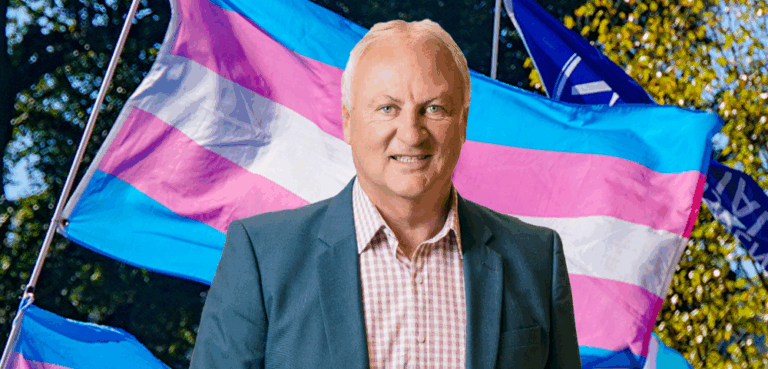


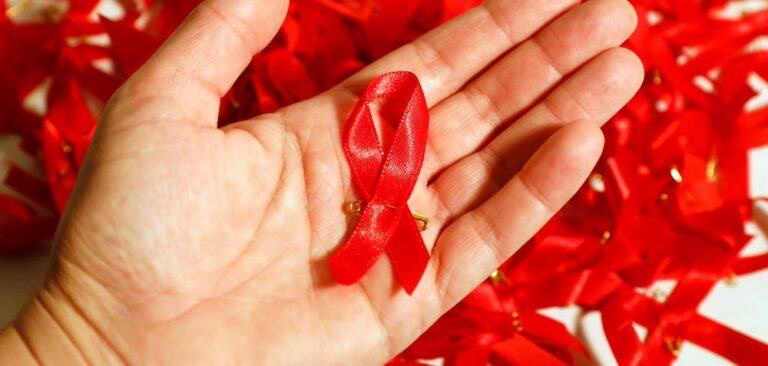

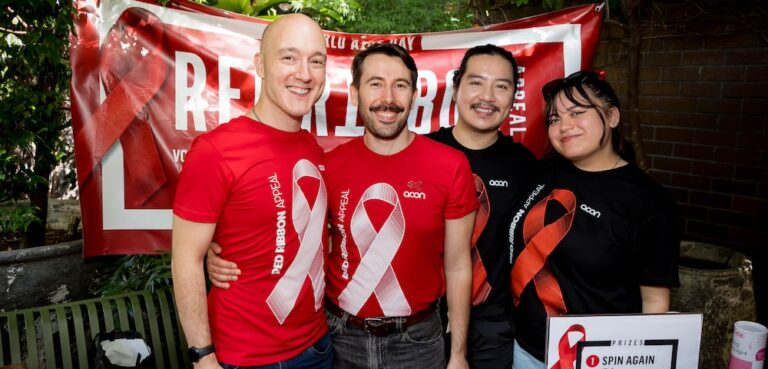

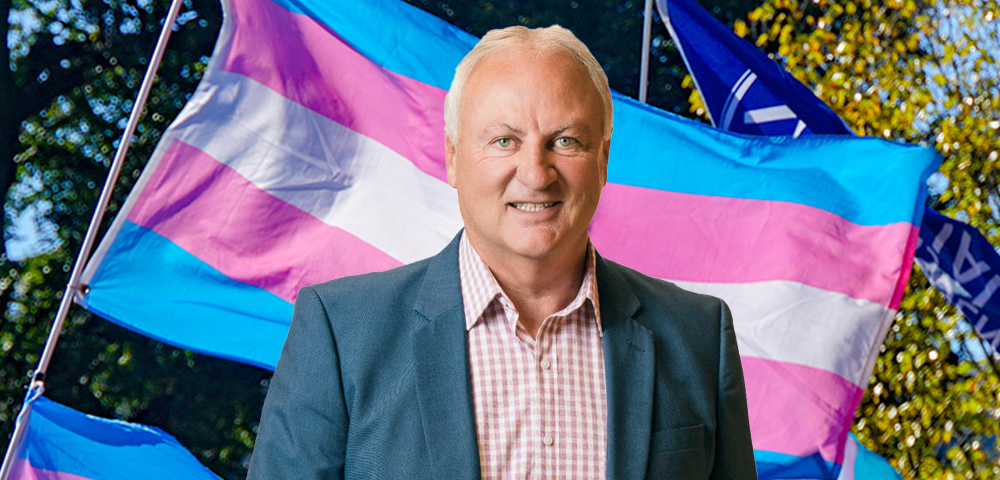
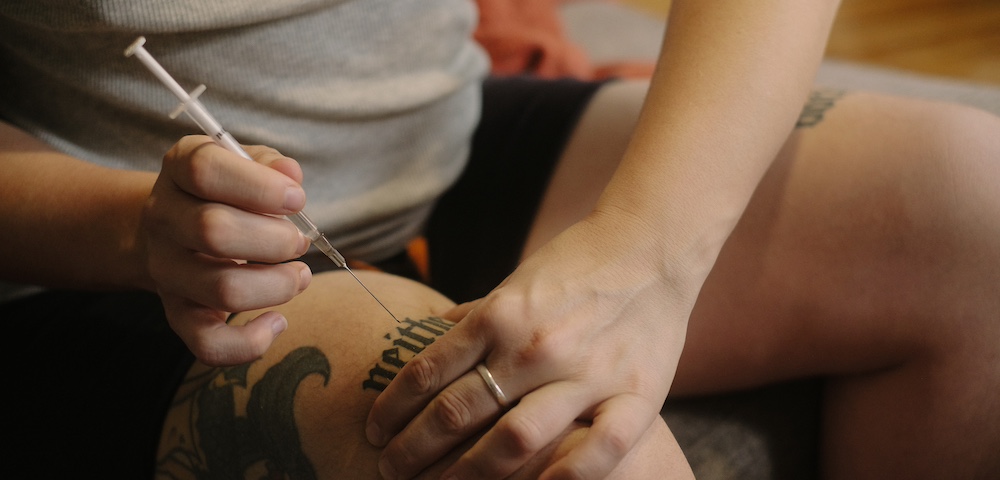

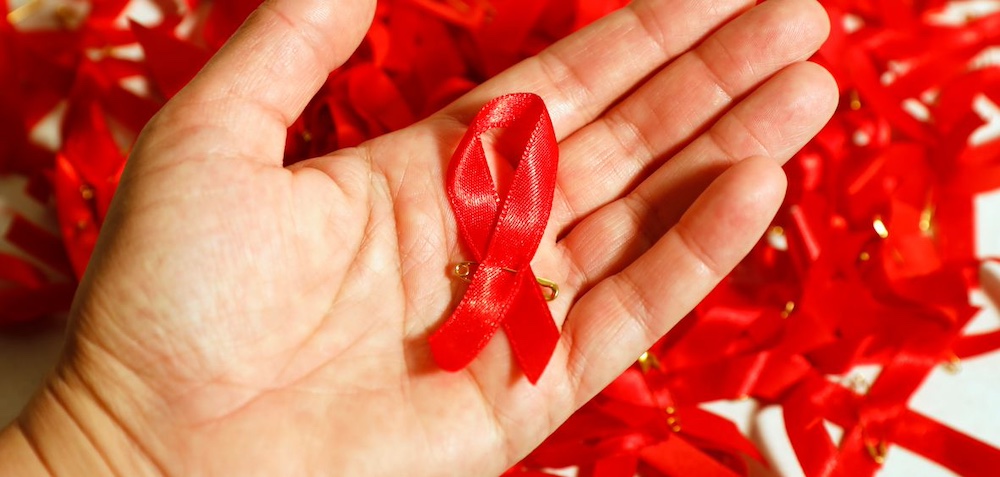
“lifestyle choices”? yeah, right…that´s what narrow-minded fellowers of the right christian wing tend to believe but your attitude is way beyond the true facts (as usual. that´s why you need the bible to complete your thinking and don´t bother to make up your own minds)… lesbians and gays do not “choose” to be homosexual, they ARE homosexual. but I end my argueing with you now, I know where it is useful and where not.
Thank you very very much for this article, further research on lesbian health issues is more than necessary. Here in germany we might have the same problem constellations, too.
Marginalisation causes health probs does it? Wonder why us marginalised so called “right wing fundamentalist”christians dont have above average health problems? It’s the lifestyle choice people thats the problem.
“Lead SWASH study researcher Dr Julie Mooney-Somers said marginalisation of lesbian and bisexual women is likely to be at play in the survey results.”
Maybe not. Maybe it’s the lifestyle they choose which is not conducive to mental and physical well-being.
[…] Lesbian health crisis […]